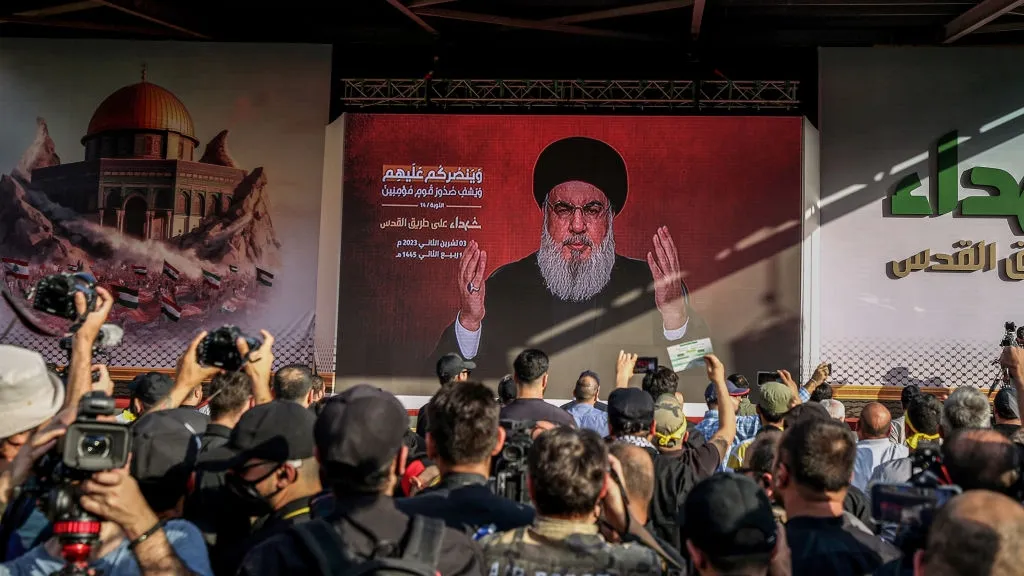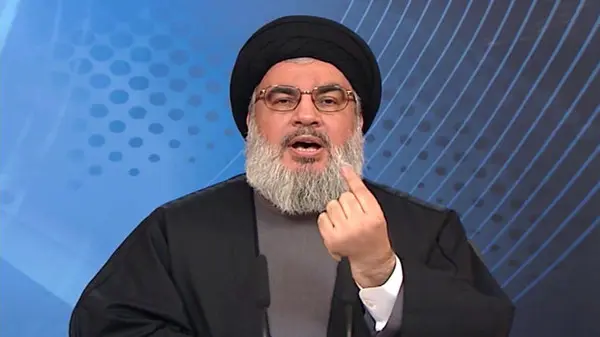In the volatile landscape of Middle Eastern politics, one of the most intriguing and potentially explosive relationships is that between Hezbollah, led by Hassan Nasrallah, and Israel. The ongoing tension and sporadic confrontations have led to a crucial question: How long will Nasrallah hold back against Israel? This blog post aims to explore the factors influencing Hezbollah’s strategy, the dynamics of Nasrallah’s leadership, and the broader implications for regional stability.

Understanding the Hezbollah-Israel Dynamics
Hezbollah, a Shiite Islamist political party and militant group based in Lebanon, has been a significant player in the region’s politics, often finding itself in direct opposition to Israel. The history of conflict between these two entities is marked by ideological, territorial, and political disputes.
Nasrallah’s Leadership and Strategy
Hassan Nasrallah, as the Secretary-General of Hezbollah, plays a pivotal role in shaping the group’s policies and actions. His leadership style, strategic decisions, and public statements are crucial in understanding Hezbollah’s stance towards Israel.
Factors Influencing Restraint
- Regional Stability: The fragile balance of power in the Middle East is a significant factor. Any major confrontation could have far-reaching implications, potentially destabilizing the region.
- International Pressure: Global and regional powers, including those in the Arab world and the West, exert influence and pressure that can impact Hezbollah’s actions.
- Domestic Considerations: Lebanon’s internal political and economic situation also plays a role in Hezbollah’s decision-making process.
Potential Scenarios

- Full-Scale Conflict: While less likely, the possibility of a broader conflict cannot be entirely ruled out, given the unpredictability of the region.
A Delicate Balancing Act
The question of how long Hezbollah’s Nasrallah will hold back against Israel is entwined with a web of regional politics, strategic calculations, and international relations. It’s a delicate balancing act, with each move being closely watched by regional and global stakeholders. As the situation continues to evolve, understanding these dynamics remains key to anticipating future developments in this longstanding conflict.
